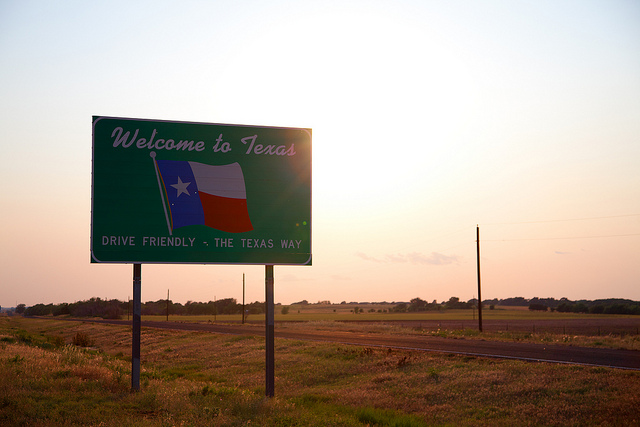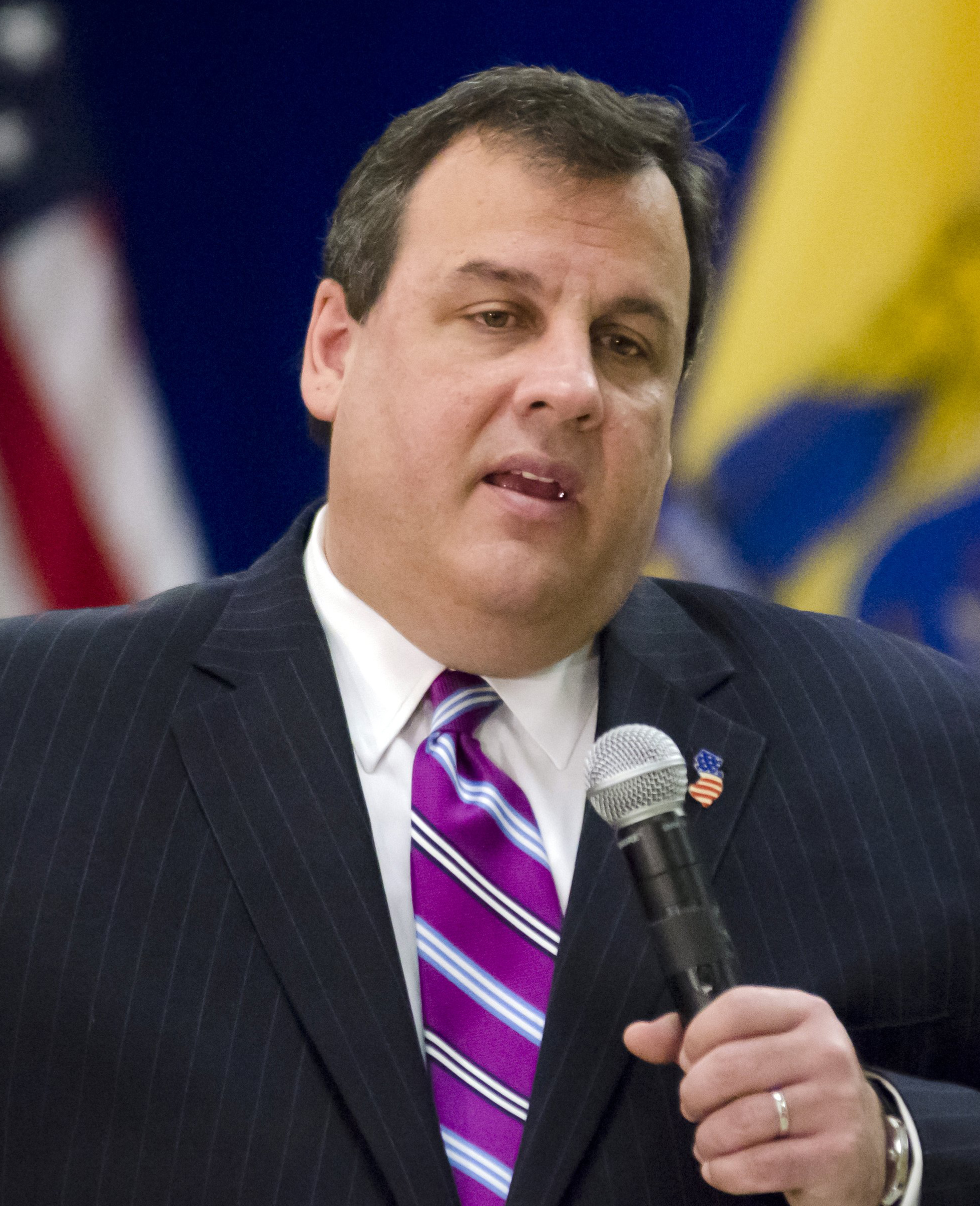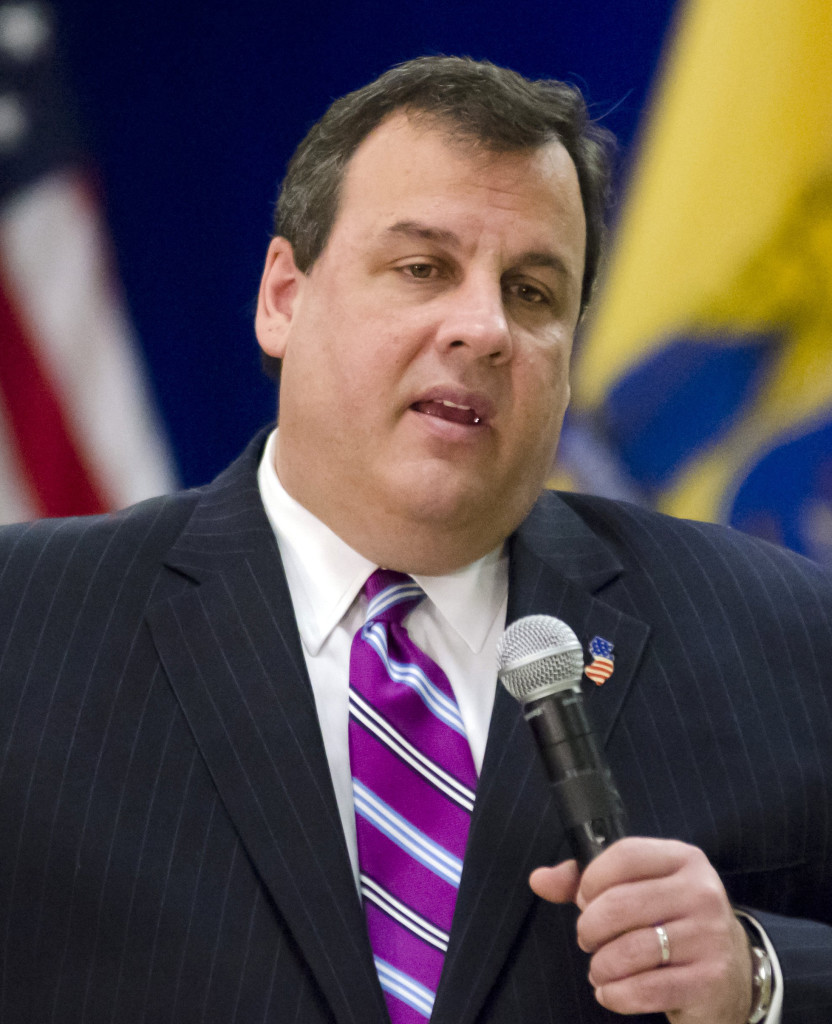
The New Hampshire Supreme Court ruled this week that the state can increase public employees’ pension contributions – even for vested workers.
Since the increased contribution rate wouldn’t lead to higher benefits for employees, unions had argued the state had violated its contract with workers.
A lower court agreed with the labor groups last year – but the Supreme Court this week overturned the lower court’s decision.
More details from Governing:
The state Supreme Court has sided with lawmakers who revamped the state retirement system in 2011, requiring public employees to increase their retirement contributions.
A Merrimack County Superior Court decision last year said lawmakers could not increase contributions for those vested in the system, contending it would essentially violate a contract between the employers and the retirement system.
The ruling said the new law would increase contributions but not change benefits, so it would violate the contract for vested employees, who are those having 10 years or more contributing to the system.
However, the Supreme Court said the law cited by the lower court in making its decision does not retroactively affect employee contribution rates.
“The narrow question before us is whether, by enacting RSA 100-A:16, I(a), the Legislature unmistakably intended to establish NHRS member contribution rates as a contractual right that cannot be modified. We hold that it did not,” wrote Chief Justice Linda Dalianis for all five justices.
The Supreme Court reversed the lower court ruling and sent the case back to superior court.
NH Retirement Security Coalition – an association of labor groups – weighed in on the ruling:
“The NH Retirement Security Coalition has long contended that promises made to our member employees should be enforced because our members uphold their promises each and every day that they go to work. The court’s decision today unfortunately allows public employers to renege on their promise of security in retirement. While this decision is disappointing, our members will continue to provide high quality service to the state and its cities, towns, and school districts,” the coalition said in a statement. “We are deeply concerned about the long term impact of this decision on the people of New Hampshire. We are carefully reviewing this decision in detail with our attorneys and members of the Coalition and we will offer further in-depth comment as soon as we are able to do so.”
Sen. Jeb Bradley, the architect of the 2011 law around which the case was centered, said he was “encouraged” by the court’s decision:
“I’m encouraged that the Supreme Court has upheld the right and duty of the Legislature to amend and improve the New Hampshire Retirement System. Unless we can address the $5 billion unfunded liability in our state pension system, both taxpayers and workers would be left with a huge financial burden,” Bradley said in a statement. “This decision affirms the Legislature’s ability to make the changes we’ll need to preserve the New Hampshire Retirement System, protect taxpayers, and maintain employee jobs.”
Senate Bill 3 increased employee contribution rates, required non-vested employees to work longer and changed the way their benefits are calculated.
Photo by Joe Gratz via Flickr CC License







